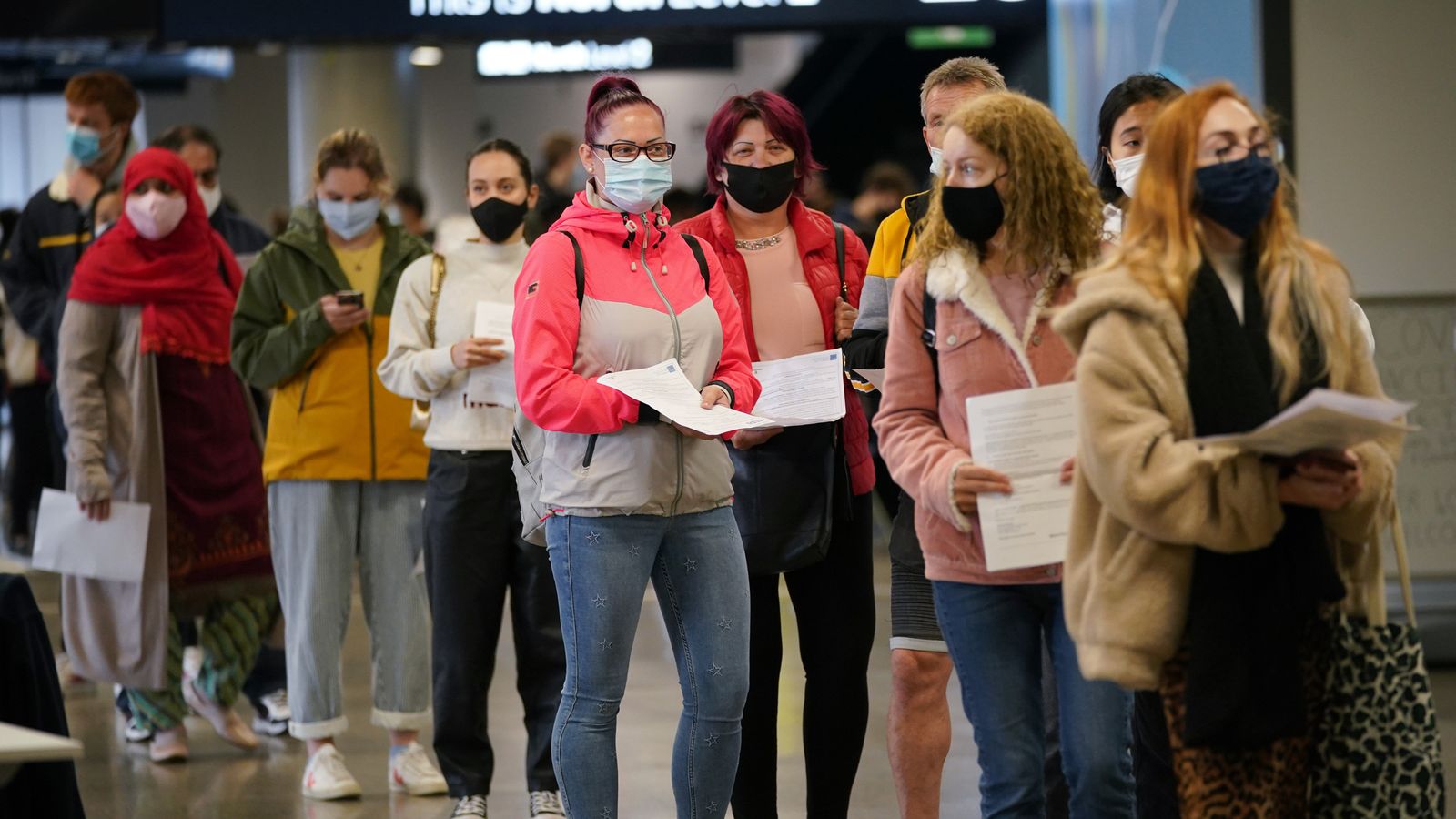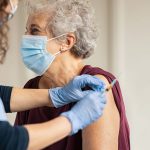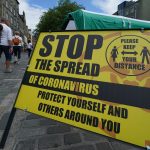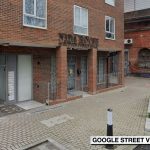The COVID controls we’ve lived with for more than 15 months are all about breaking the chain of transmission.
Masks reduce the number of virus particles being released into the air by someone who may not even know they’re infected.
The 1m-plus rule is about reducing the number of particles being inhaled by someone else.
Please use Chrome browser for a more accessible video player
And the recommendation to work from home is really a recommendation to limit unnecessary contact with other people.
As a package they’ve helped to reduce the spread of the virus.
But the prime minister has hinted that some might need to stay for a while longer, even after England’s “Freedom Day” – currently pencilled in for 19 July – to take the edge off the resurgent virus.
It would seem certain that the 1m-plus rule will go.
It limits the number of customers pubs and restaurants can have at one time and forces them to employ extra staff for table service. The first reduces income, the second increases costs and some businesses are really struggling.
Encouraging people to work from home reduces contact with other commuters and limits the chances of the virus spreading in an office.
But town centre cafes and coffee shops miss the passing trade – they, too, are struggling.
What about masks, then?
They’re not popular, particularly in hot weather. And they’ve made it much harder for people reliant on lip-reading to understand what is going on around them.
Their precise benefit is still disputed. But one study estimated that they reduce the R number, the rate at which the virus spreads, by around 12%.
So for individuals they probably only make a small difference, but across the population they make a measurable impact.
Of all the controls, then, masks are the most likely to stay, probably in limited circumstances.
The British Medical Association wants them to be worn in confined spaces – in shops, on public transport and so on.
The benefits are likely to be greater in the winter when all respiratory infections spread more easily.
But even then, judging from the signals coming from government, it’s likely that any remaining measures would be advisory, not mandatory.
Nevertheless, masks are now such a familiar part of the dress code in many settings that many people may feel naked without one.
The pandemic has made us more cautious. New behaviours may be the new normal.






















